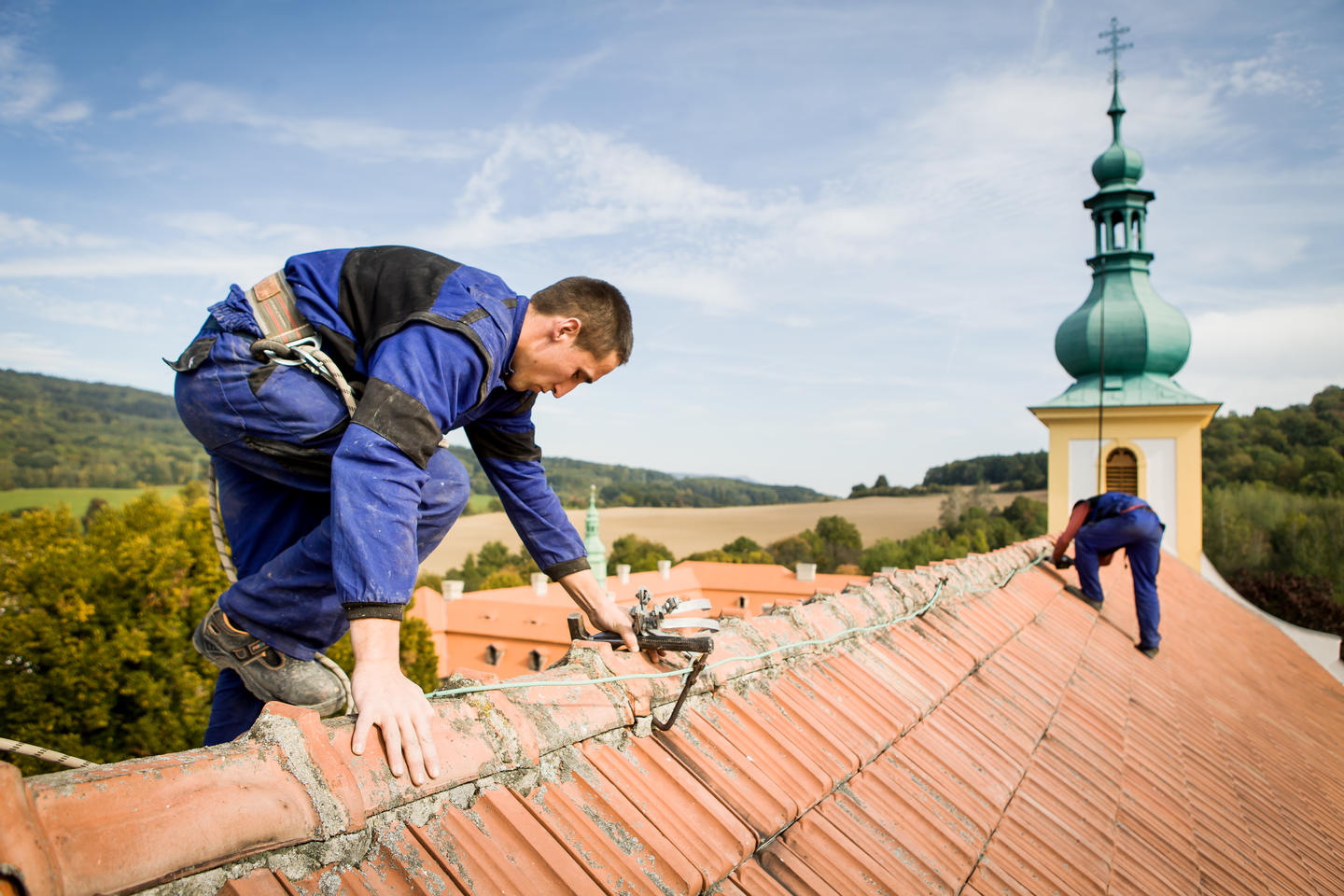Key information about the programme
- The programme is operated by: Ministry of Finance of the Czech Republic
- The Donor Programme Partners in this programme are: The Directorate for Cultural Heritage (RA) in Norway, Arts Council Norway (ACN), and the Icelandic Centre for Research (RANNIS)
- Other Programme Partners: Ministry of Culture of the Czech Republic, and the Arts and Theatre Institute in Prague
- The programme’s objective is: Social and economic development strengthened through cultural cooperation, cultural entrepreneurship and cultural heritage management
- The programme funding amounts to € 28 million (excluding co-financing) and is funded entirely by the EEA Grants
Why is the programme needed?
Despite well-developed infrastructure in the area of cultural heritage and a diversified offer of cultural services, the state of disrepair of both heritage sites and movable heritage remains a challenge. The insufficient physical accessibility of monuments and collections along with the outdated methods of presentation pose further obstacles to making full use of their potential. It is thus essential to give a boost to restoration and conservation works and to speed up digitisation and the innovative presentation of collections.
Contemporary arts are in need of support measures more tailored to the needs of individual disciplines. To ensure stable operation on the long term, the contemporary arts organisations need to identify and adopt new business models and must learn to use new technologies to reach broader audiences. To achieve this, it is necessary to promote cultural entrepreneurship and to support the capacity development of cultural players, umbrella organisations and platforms.
At the same time, the social exclusion of Roma is a persisting major challenge. Culture and art are widely recognized for their capacity to stimulate mutual understanding and respect. Therefore, there is a crucial need to improve the access of minorities to culture. In parallel, inter-cultural dialogue should be promoted to more effectively combat racism and xenophobia.
What will the programme achieve and who are the beneficiaries?
The programme will contribute to regional development and social cohesion. Projects will support the preservation, restoration and more accessible presentation of built and movable cultural heritage and will create networks of local communities and regional governments ensuring a strategic approach to cultural heritage management.
Through revitalisation activities and harnessing cultural cooperation and entrepreneurship, cultural heritage sites and events are expected to attract more visitors, increasing their annual income and creating new jobs in the area.
The programme will also support the capacity building of artists and cultural organisations, particularly of those from disadvantaged groups or minorities. It will also support cooperation projects in contemporary arts. Through new business models and an increased ability to reach out and engage new audiences, this is expected to substantially improve access to culture.
The programme will directly target cultural players in the area of cultural heritage and contemporary arts. Cultural heritage owners, operators, managers and craftspeople will be able to strengthen their capacity in relation to the restoration and revitalisation of cultural heritage. Cultural organisations, artists and cultural workers in the area of contemporary arts will be encouraged to develop their artistic and technical skills. General and expert public, audience and partners from other sectors (education, local government or business) will also be directly involved in the results of the projects.
Local communities – including social, ethnic and cultural minorities such as Roma – will especially benefit from the programme, as it will make culture more accessible for these groups.
How will the programme strengthen bilateral relations?
In the area of immovable cultural heritage, international experience will be shared and applied, mainly on suitable procedures to restore cultural sites, their accessibility and use. In the area of movable cultural heritage, the programme will enhance cooperation between cultural institutions to ensure the adequate use of collections, support international loans for exhibition purposes and experience sharing in the area of management and audience-building, besides outreach activities. In the area of contemporary arts, bilateral cooperation will primarily entail co-production, mobility of artists and residencies for professionals.
Availability of funding through open calls
The funding in this programme will be made available through the following open calls:
- “Restoration and revitalisation of immovable and movable cultural heritage” – October 2019
- “Value creation and innovative use of cultural heritage ” – May 2020
- “Cultural cooperation and exchange – contemporary arts ”
- First call: October 2019
- Second call: March 2021
- “Cultural cooperation and exchange – art criticism ” – October 2019
- “Cultural cooperation and exchange – capacity building of umbrella associations, networks and platforms ” – October 2019
Bilateral call: There are funds available to support travel costs of bilateral meetings to set up partnerships for bilateral cooperation in projects under each of the calls above.
Detailed information on the calls is available on the Programme Operator’s website.
In addition to the open calls, funding under this programme is allocated to one project – “Building of a memorial to the victims of the Roma holocaust in Lety” – that has been pre-defined in the programme agreement.
- Download the full programme agreement for more detailed information about the programme.
- More information can also be found on the Programme Operator’s website and on the Donor Programme Partner’s websites: The Directorate for Cultural Heritage, Arts Council Norway, and the Icelandic Centre for Research
